Native possums can wreak havoc on your garden. Whether you love or loathe them, possums are harmless in their natural habitat, but as more and more of that disappears, they are forced to replace the trees they call home with suitable replacements, including the roofs of homes or your garden.
If possums have taken up residence in your garden, there are many ways to humanely deter them from feasting on your freshly grown fruit and vegetables. Possums are natural scavengers, and your garden is a treasure trove of their favourite meals, so knowing how to deter possums from your garden can save you the stress of seeing your hard work become someone else's dinner. Keep reading to learn how to keep your garden free from unwanted guests and how to deter possums from eating plants.
How to Deter Possums Humanely
Keeping your garden possum-free is more simple than you may have thought. Here are a few helpful steps you can take to make your garden unappealing to the marsupials that may want to call your vegetable patch home and dig up all the vegetable seeds you meticulously sowed.
Place Barriers Around the Garden
While it may not look the greatest, the best method for preventing possums from entering your garden is to make it unsuitable for them to live in. Possums prefer to live in high places, such as roofs or trees. They rarely venture to the ground.
To keep them away, keep your plants away from your fence lines and adequately spaced apart. You can also wrap some slippery material around your trees that would make them difficult to climb.
Keep Your Most Tempting Produce Safe
Cover your vegetable and fruit seeds and plants with wildlife-friendly netting. This netting should have a mesh size of less than 5mm to avoid entanglement and harm to animals. These methods will help prevent possums from accessing your produce and keep it safe from scavengers. Be sure to thoroughly check the netting and the surrounding area for any points of access; possums are far craftier than you or I and will find any slight gap to squeeze through.
Light Up Your Garden
Possums prefer to scavenge after the sun sets. Adding motion sensor lights near your plant beds is the most effective way to deter them from coming near. You could also opt for ornaments that mimic the reflective eyes of predators to help discourage them from accessing your precious produce.
Make Your Garden Smell
A marsupial's greatest weapon is its nose; the possum being no different. Their strong sense of smell likely drew them to your home, and it can deter them if they smell something they don't like and feel vulnerable to attack. Using strong odours such as menthol rubs or moth balls dotted around the perimeter of your garden can be enough to deter possums from entering.
How to Deter Possums from Eating Plants
There are many ways to prevent possums from entering your garden, but if, by chance, they bypass your perimeter defences, there are also ways to protect your plants directly. Something as abstract as leaving out other food sources for them to gorge on before moving on could spare your plants.
As we discussed earlier, the best method for protecting your plants is to have safe netting placed over the plant beds. This deters the possums from entering but is also wide enough that they will not be hurt or killed during their endeavour.








































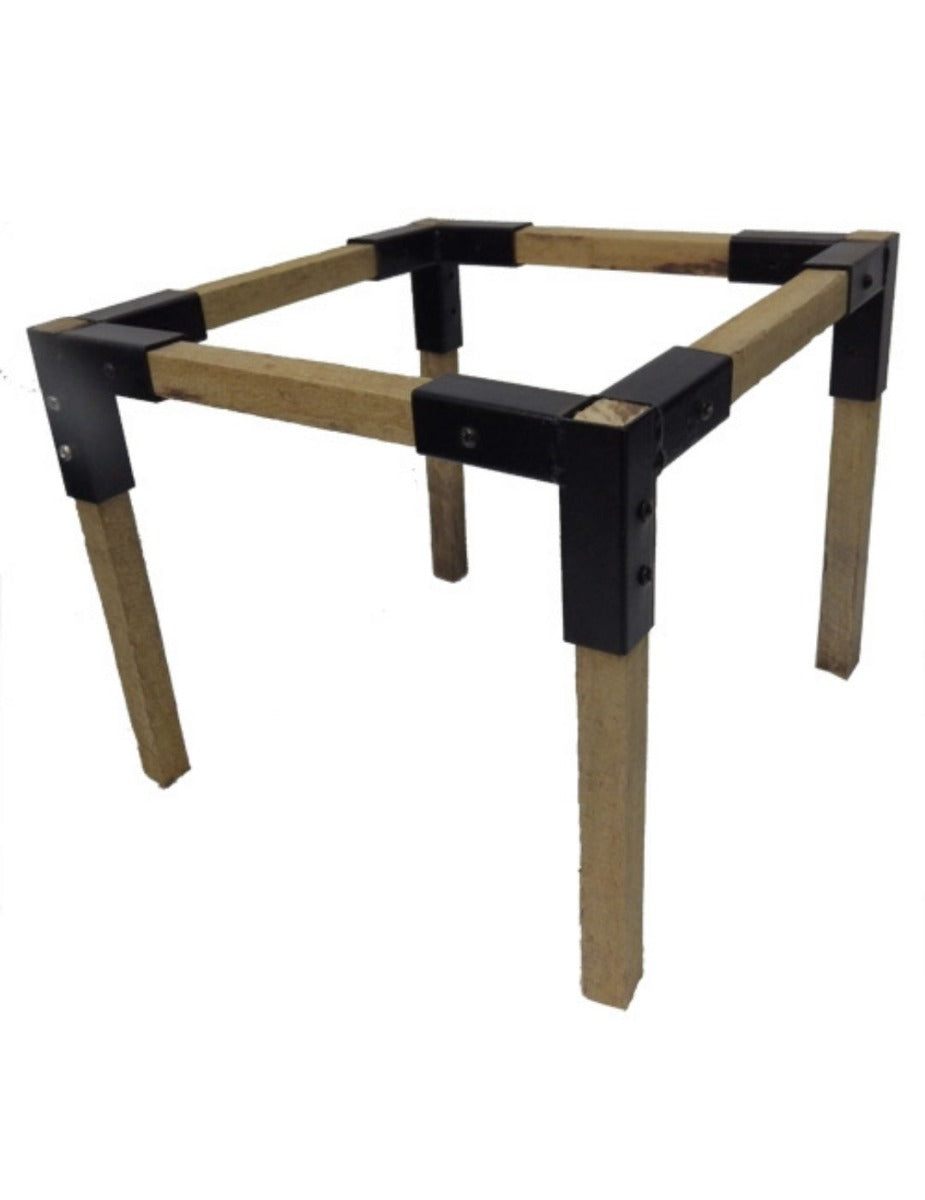
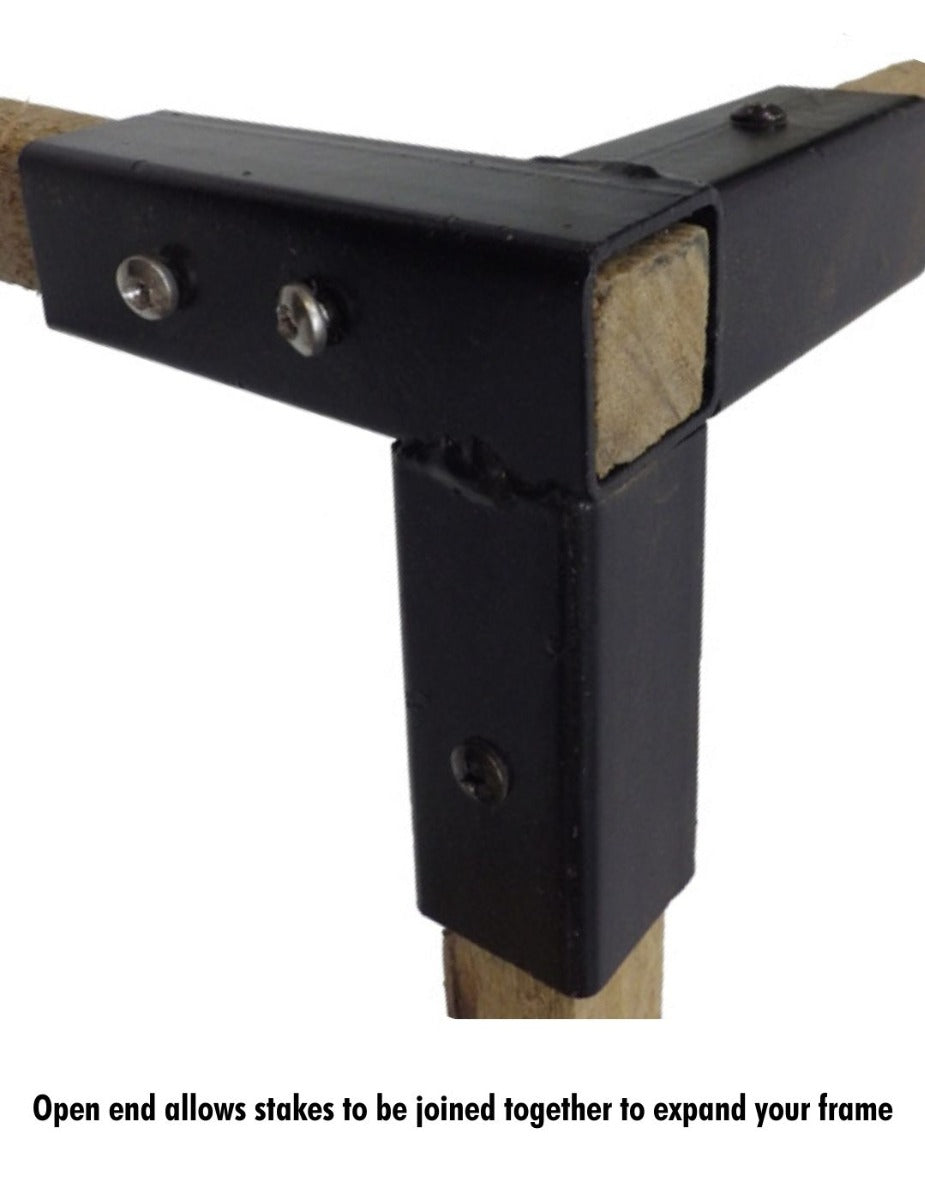
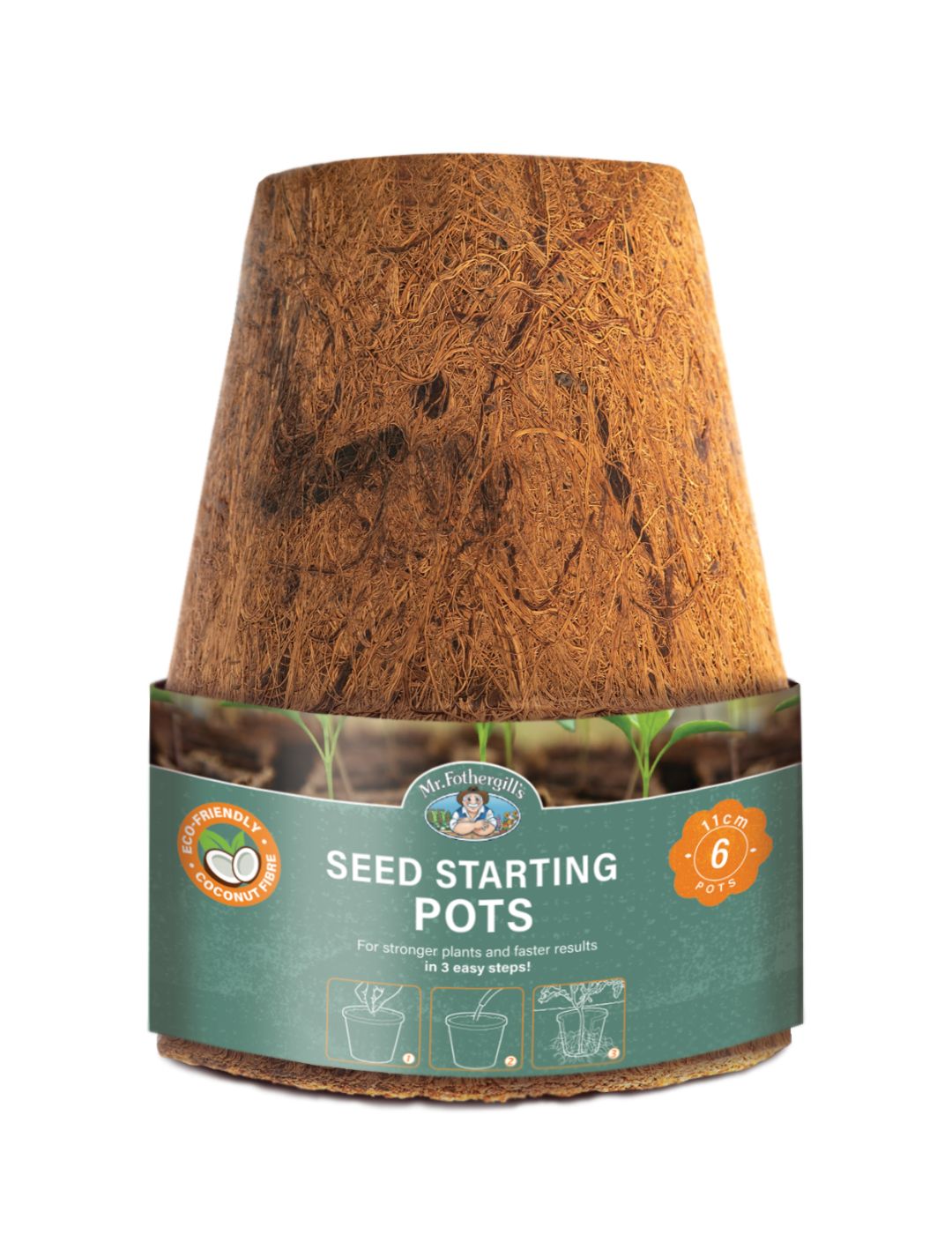
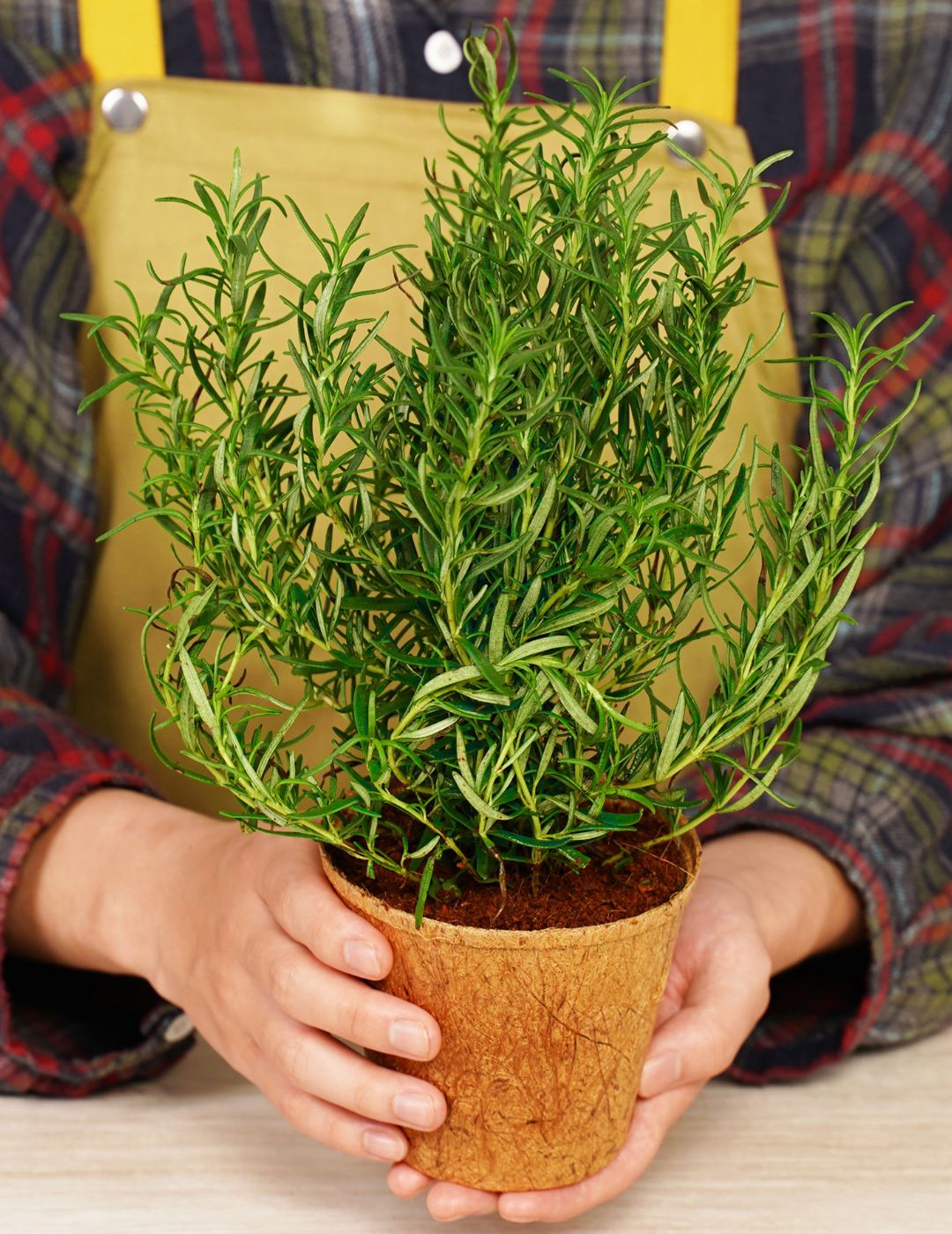
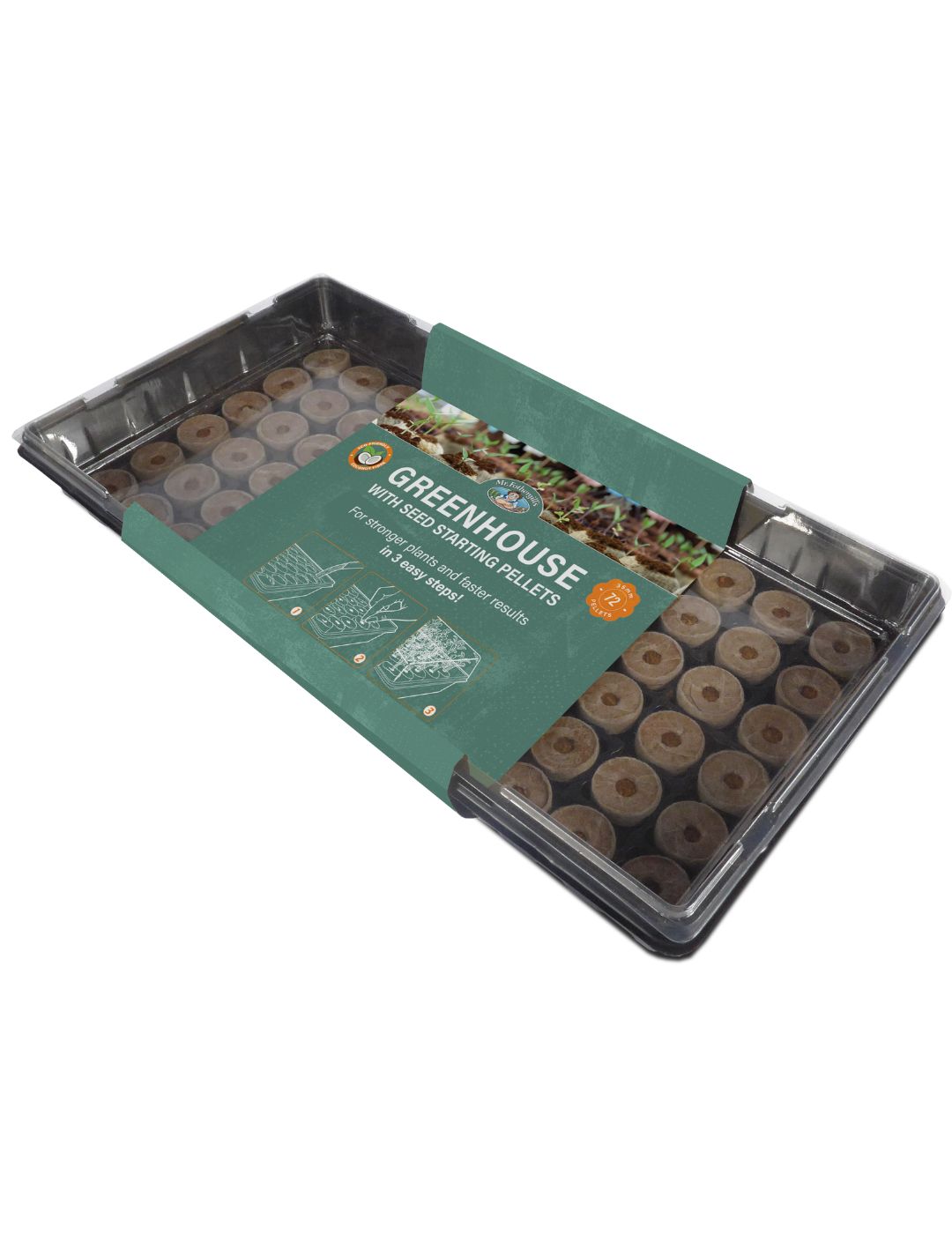
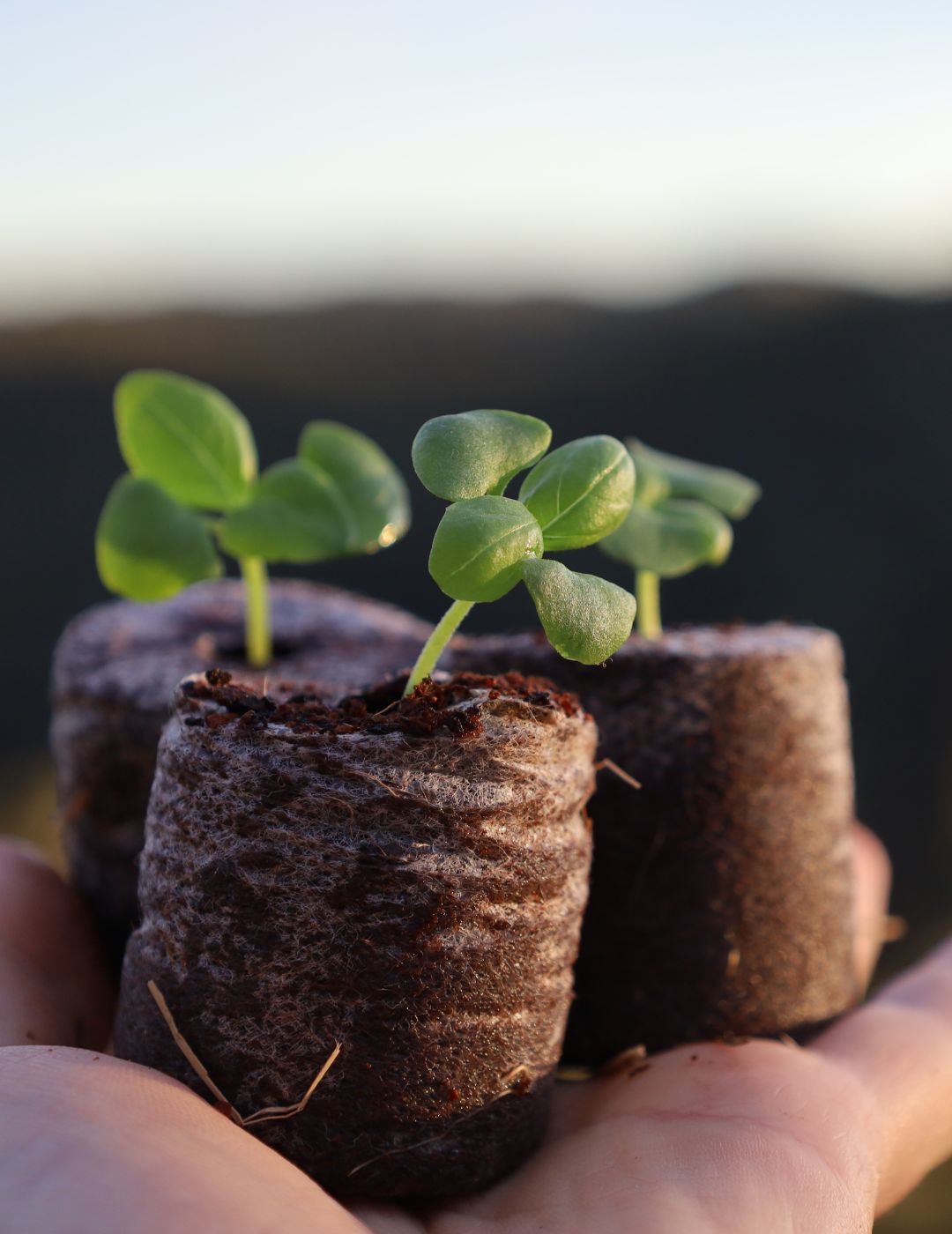
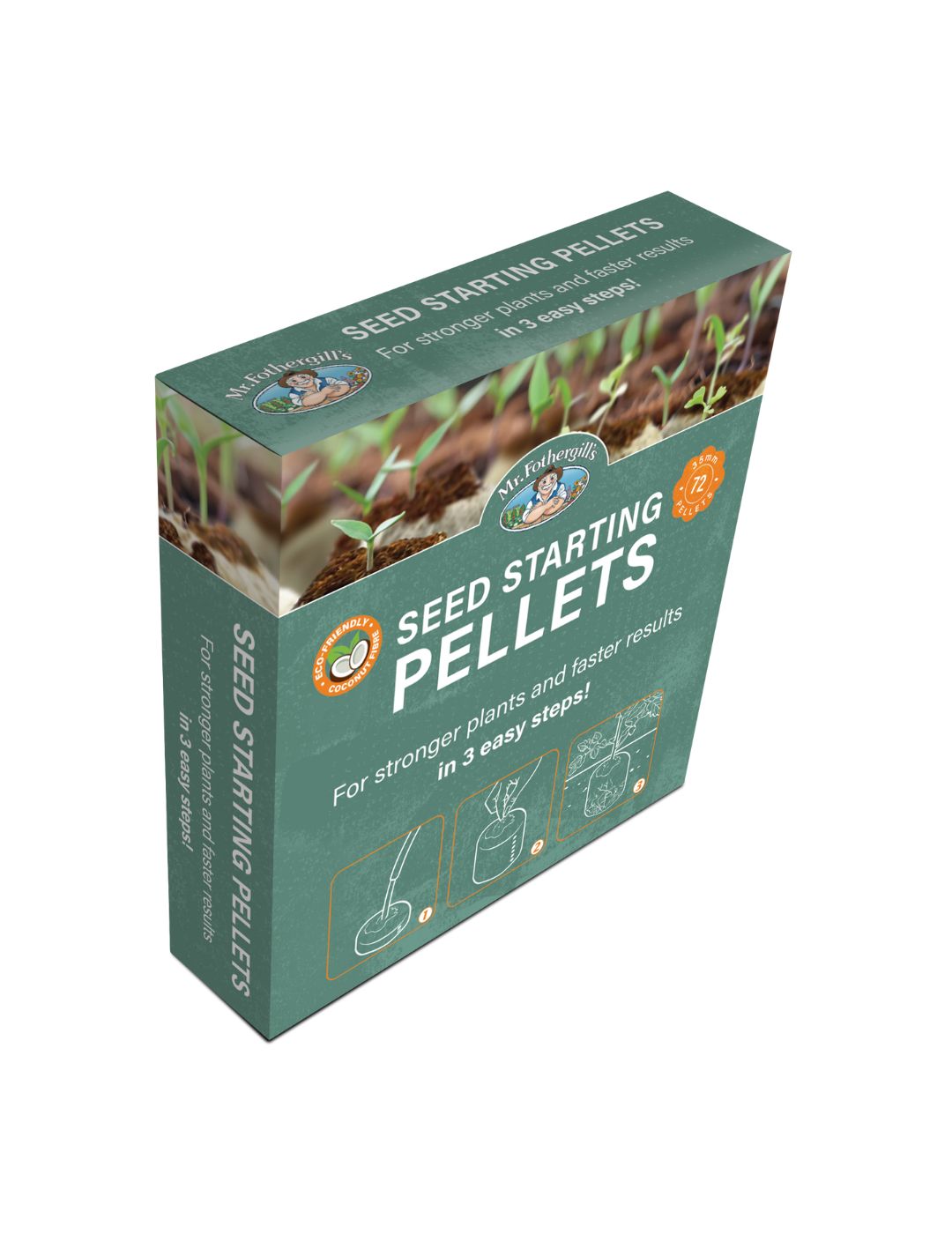
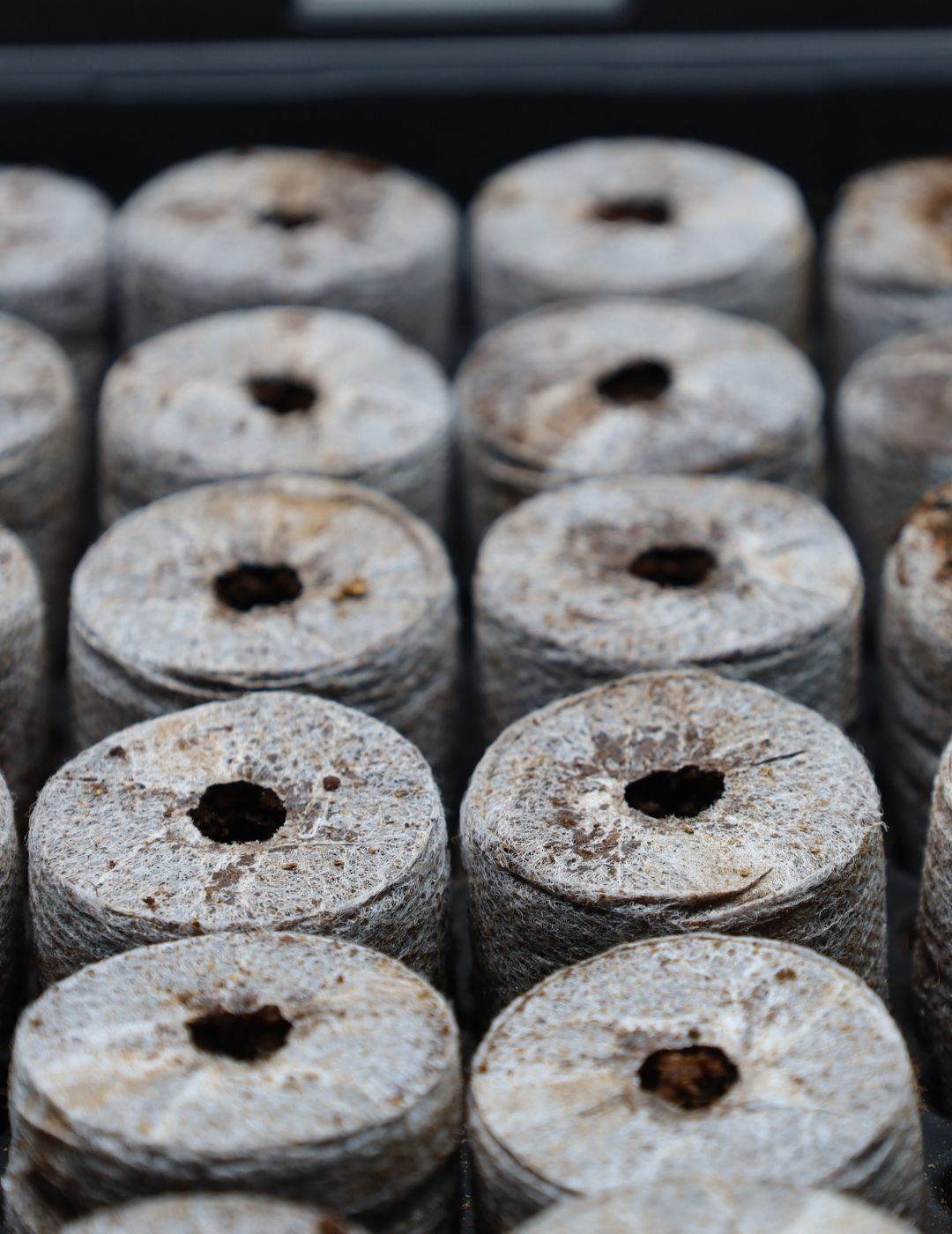
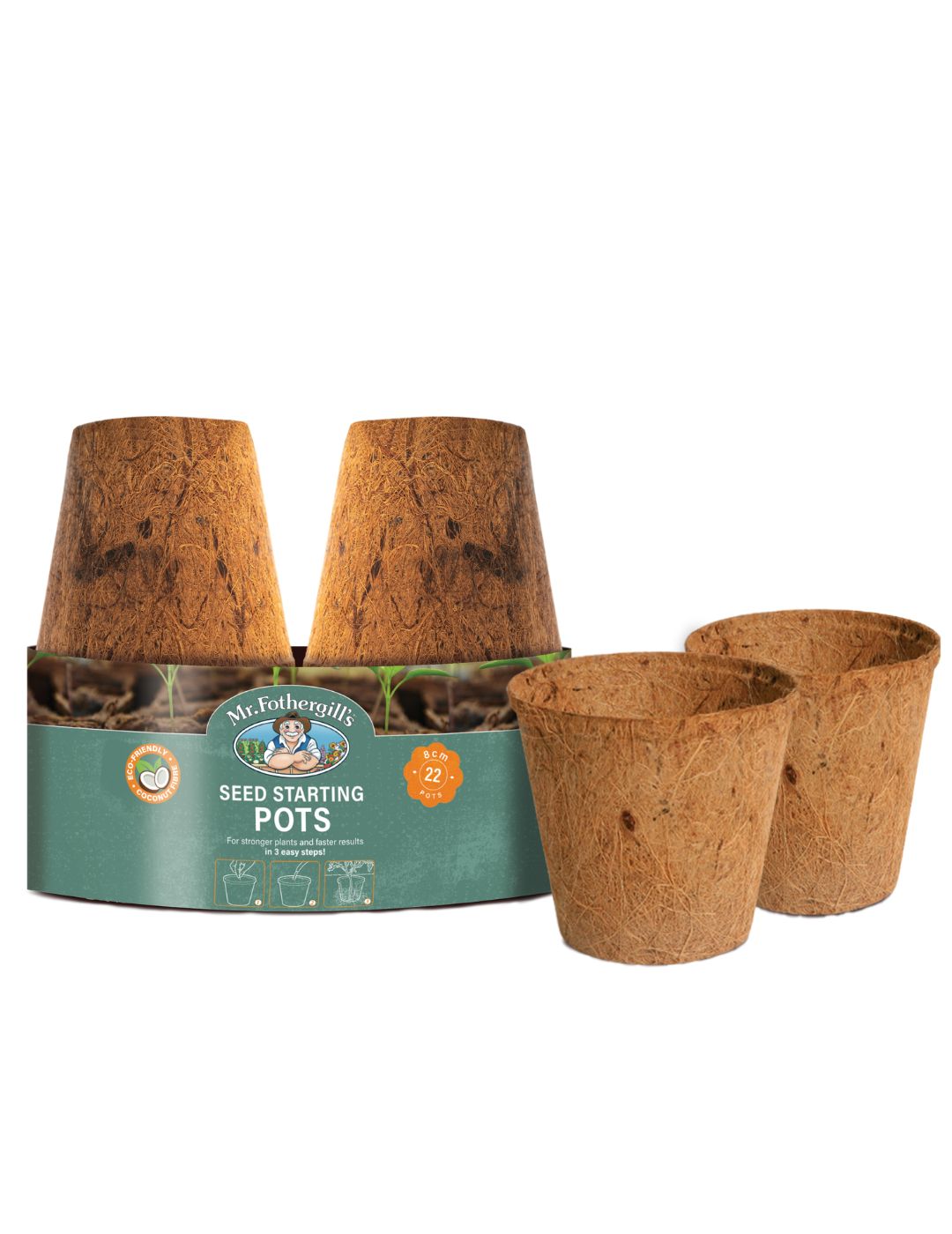
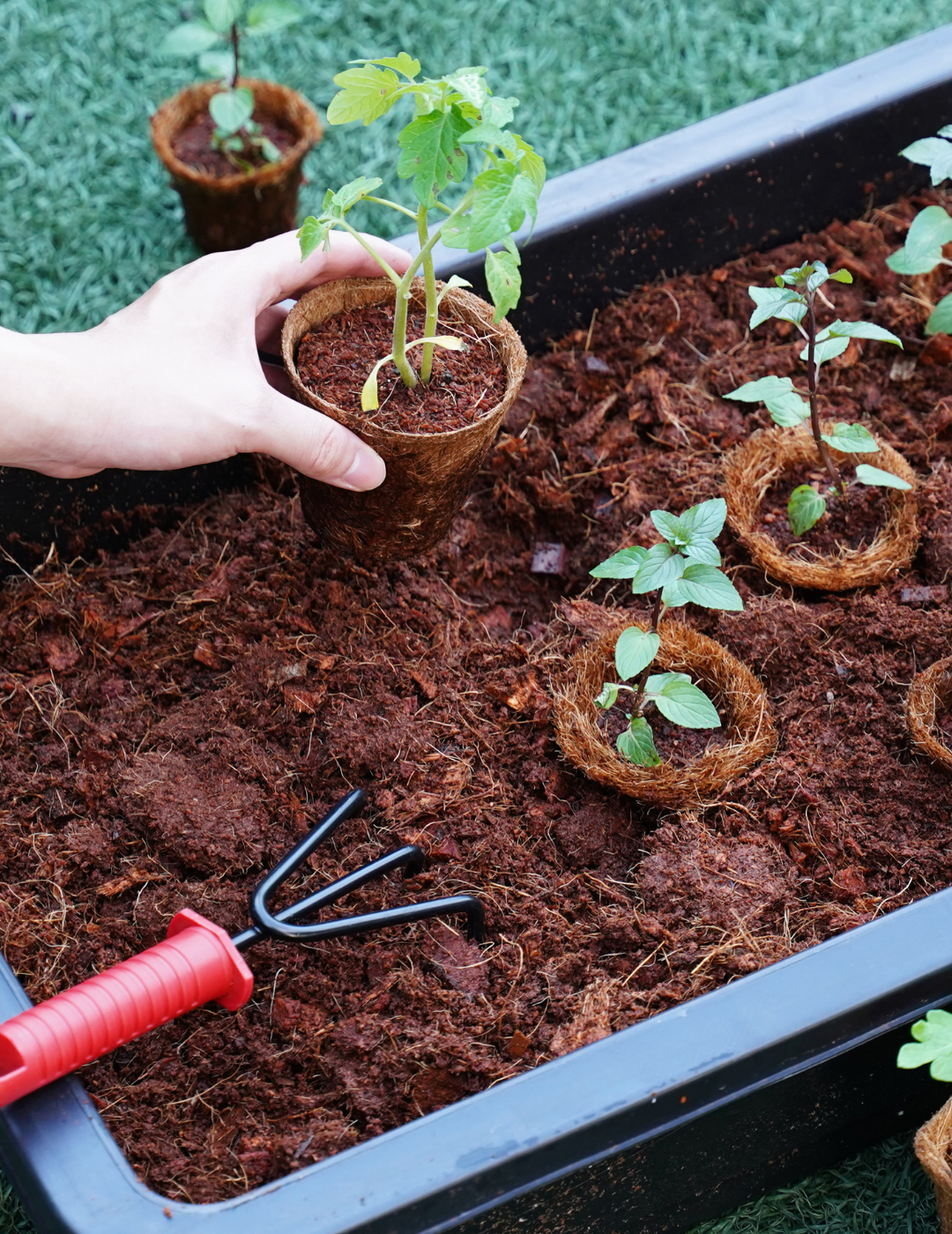
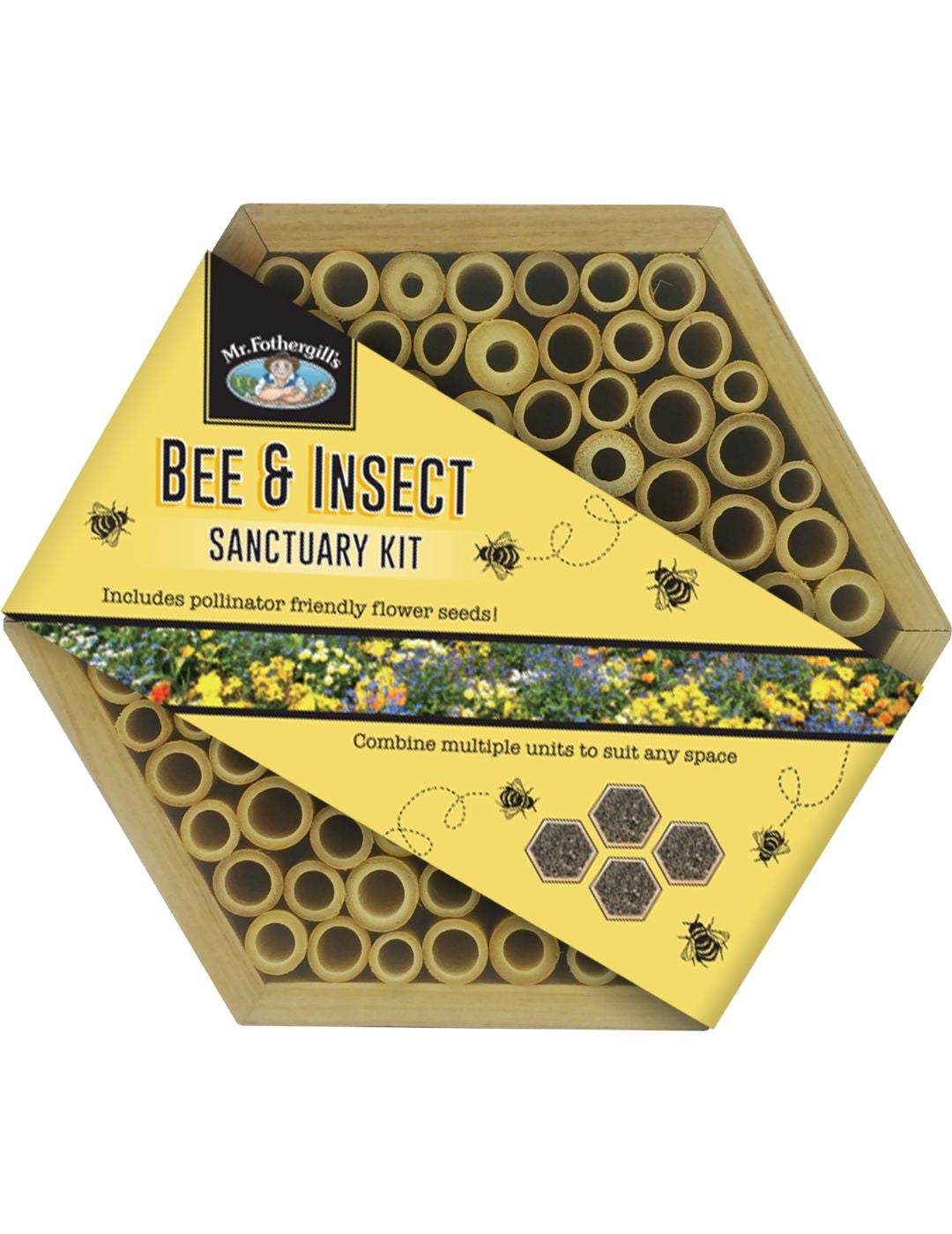
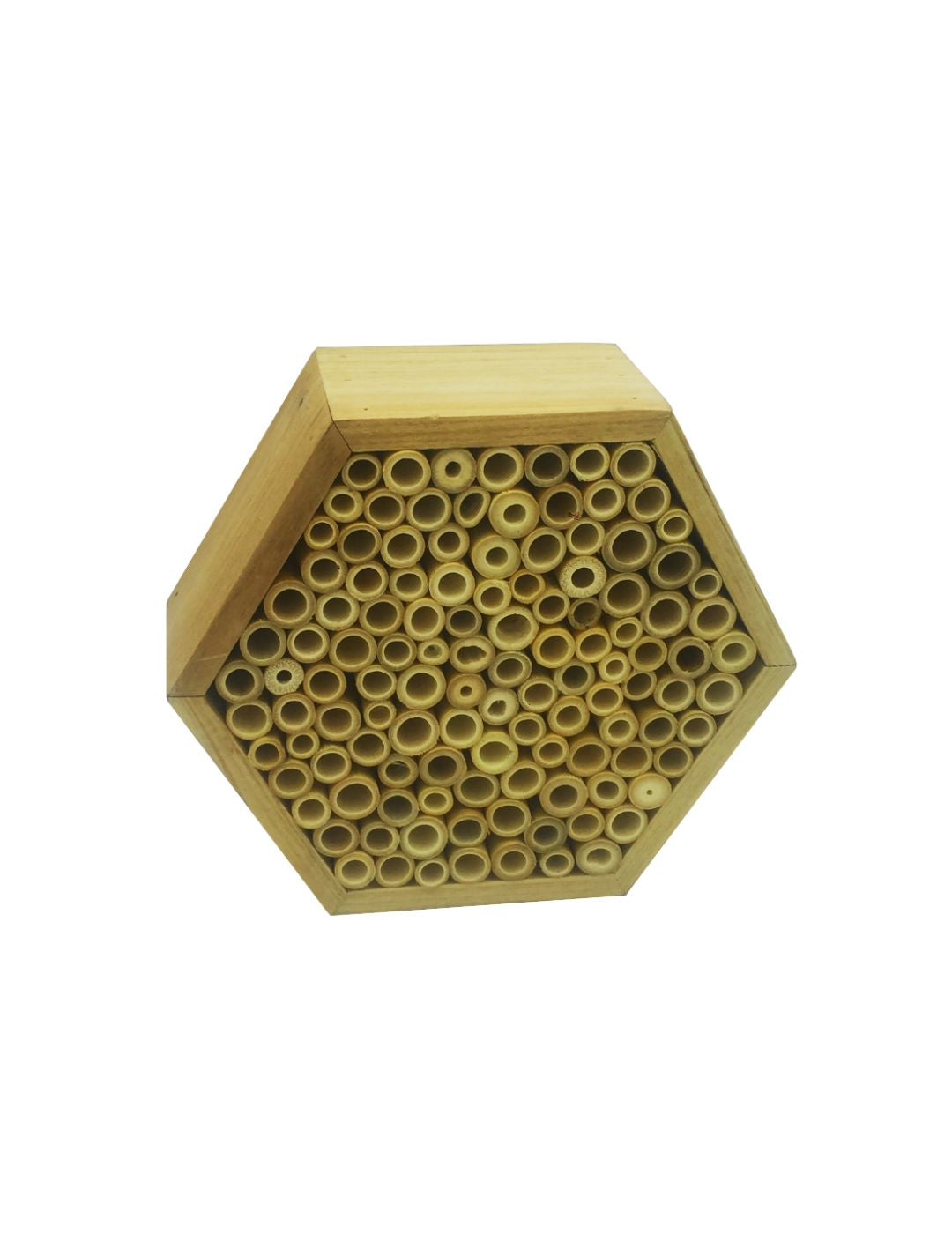
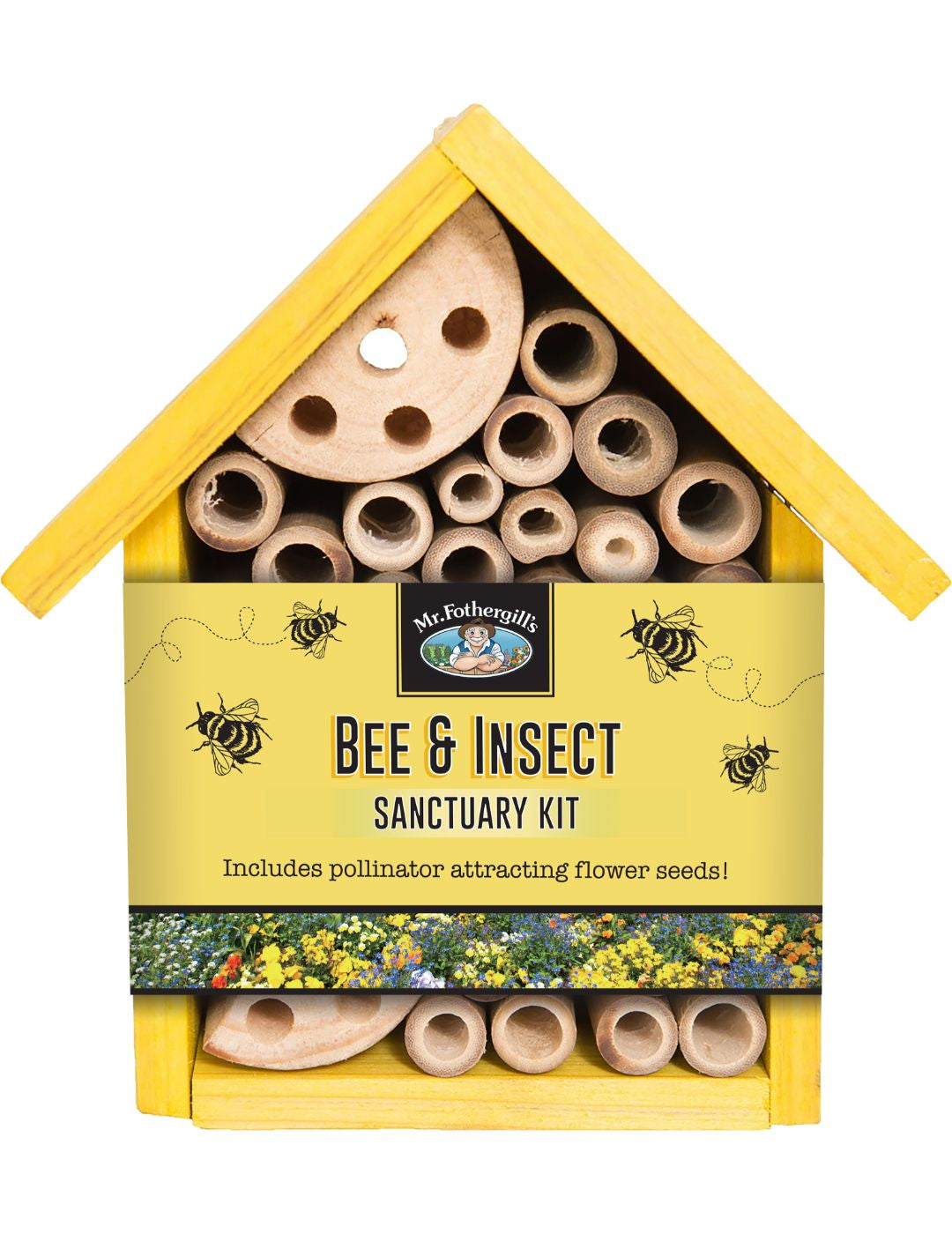
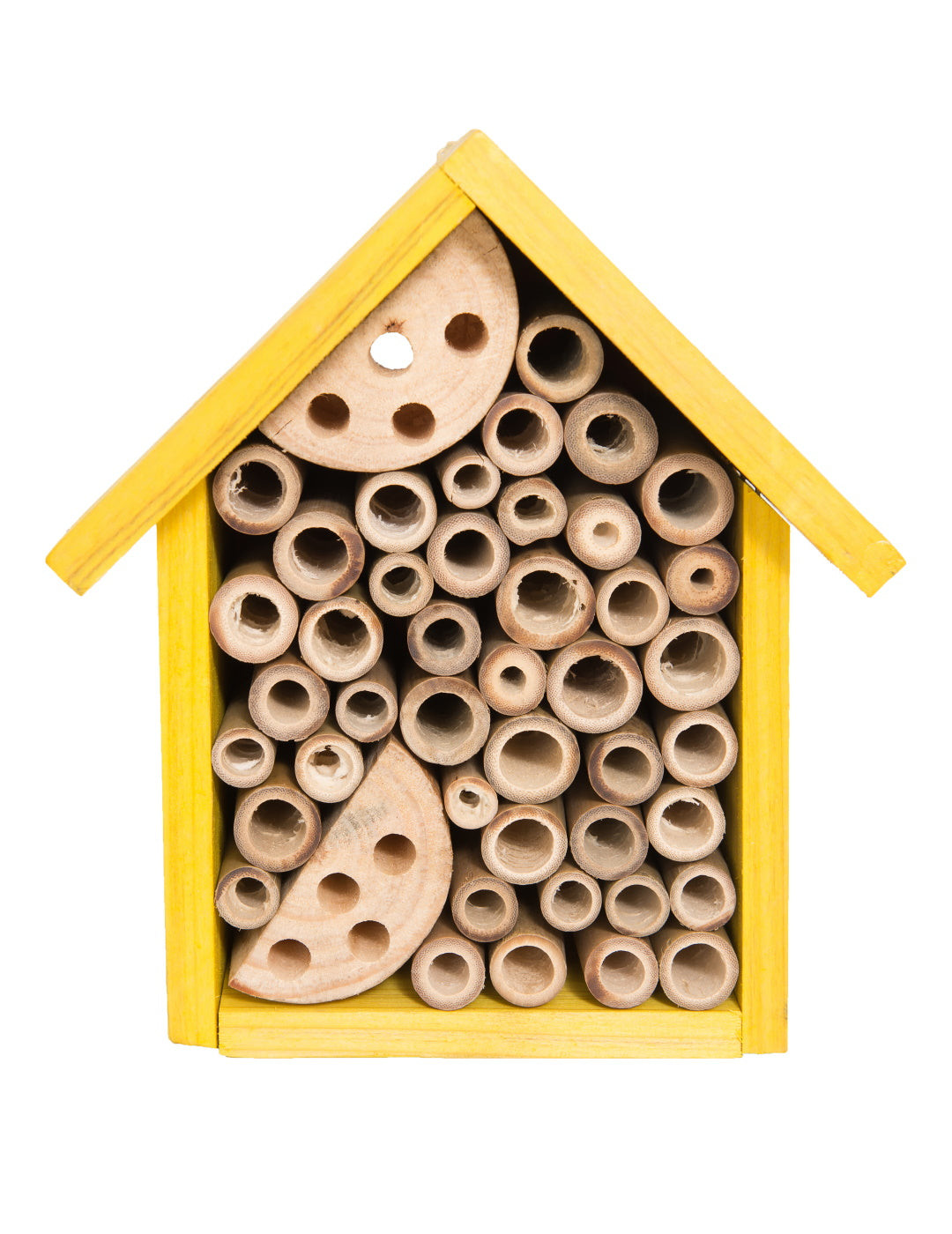
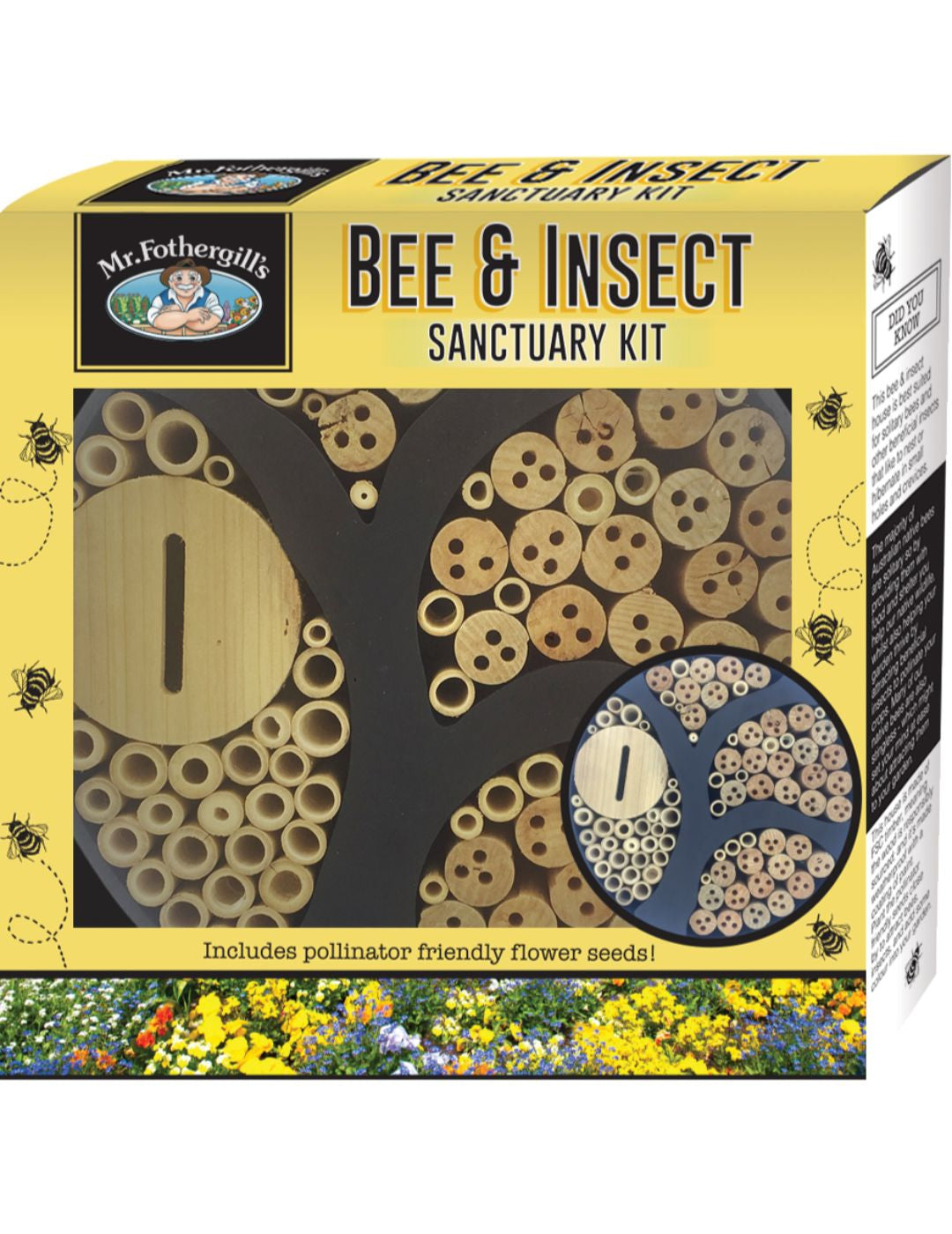
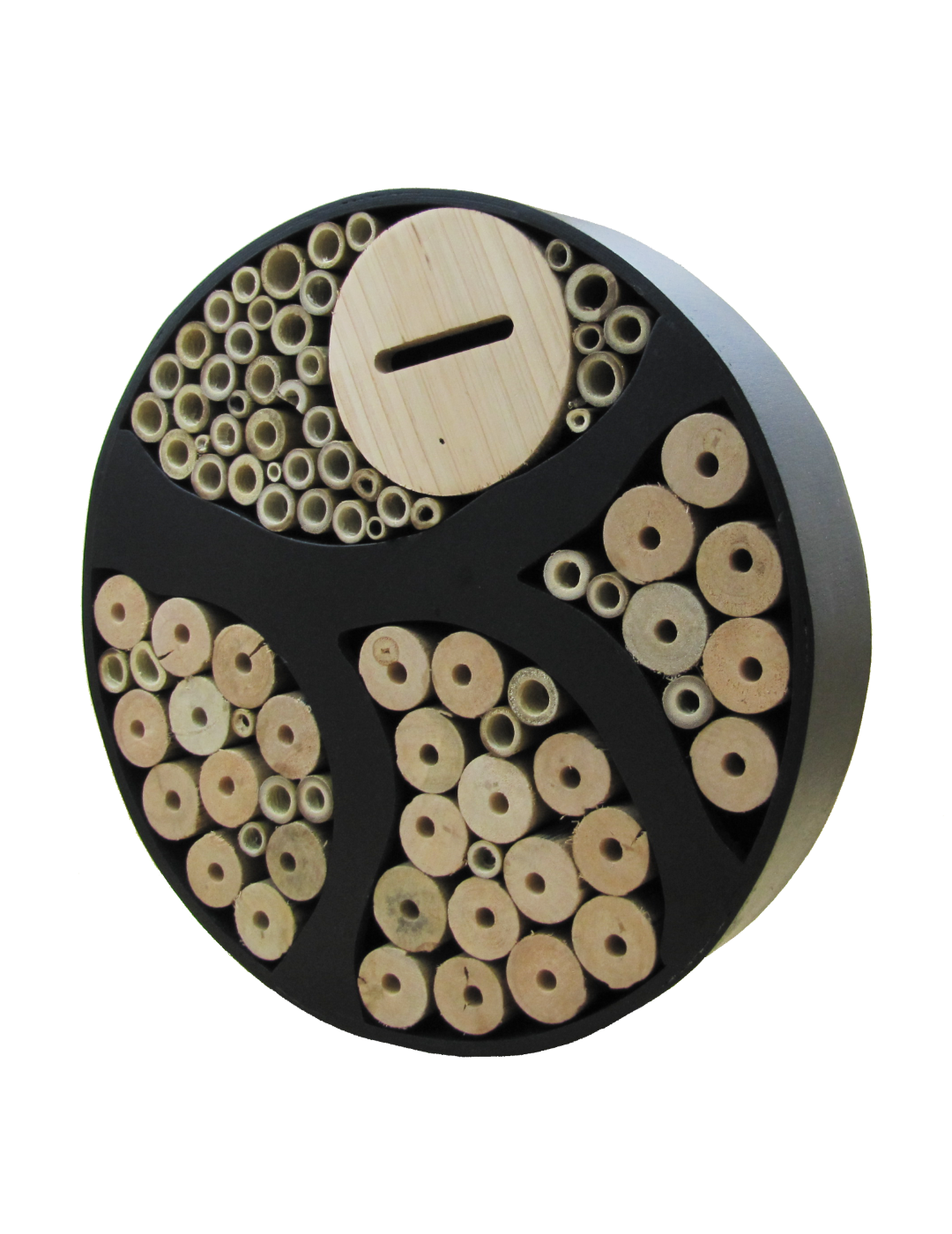
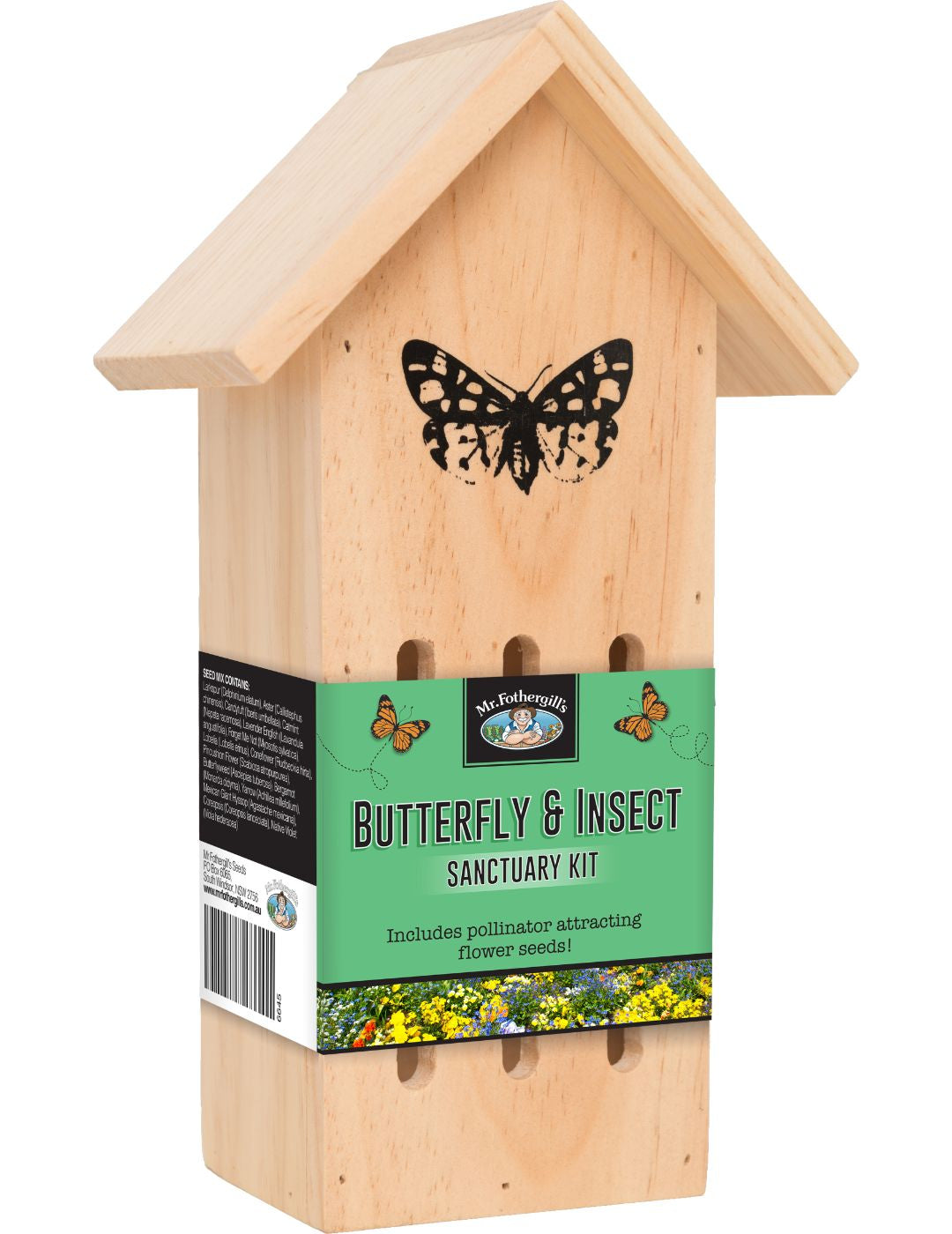
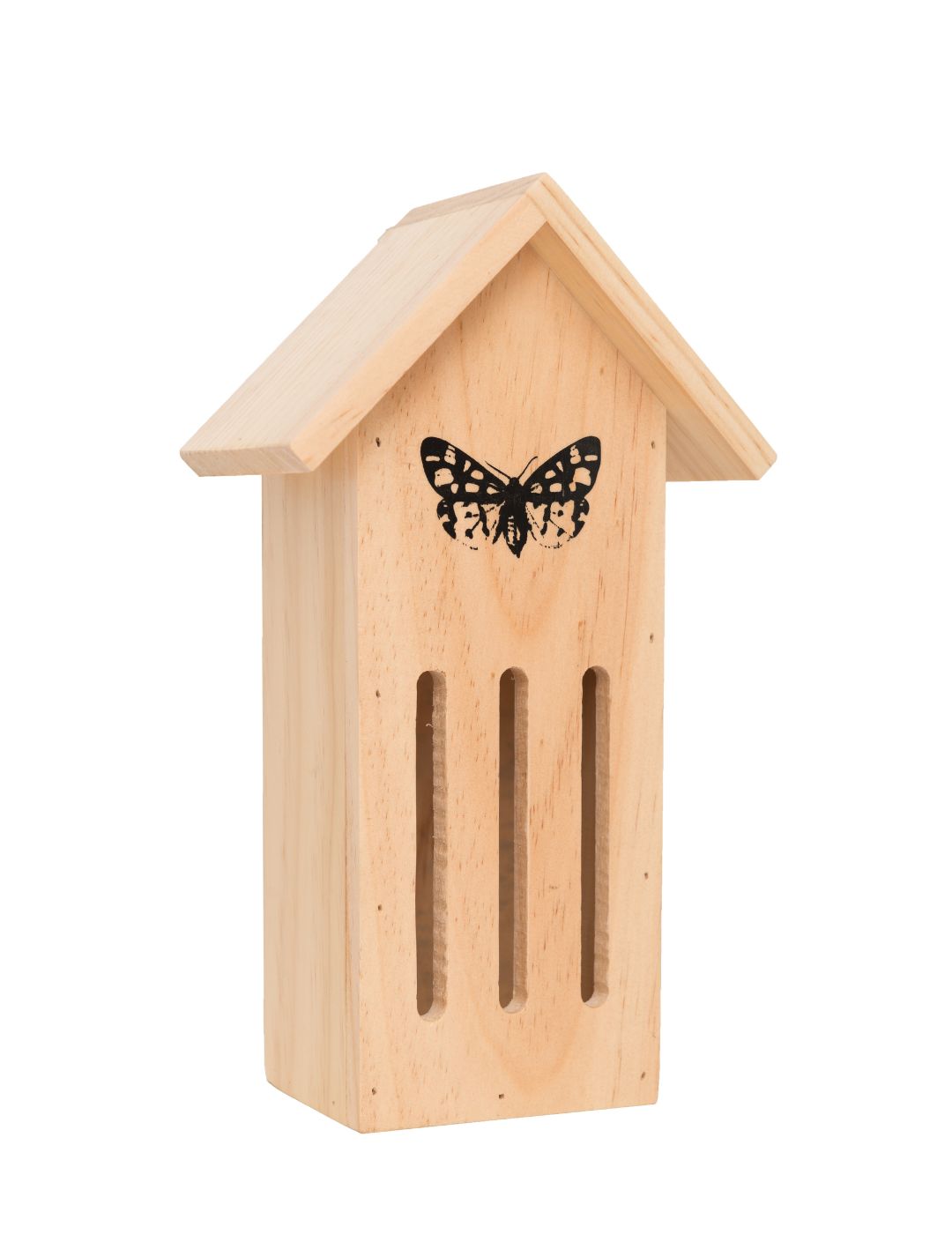
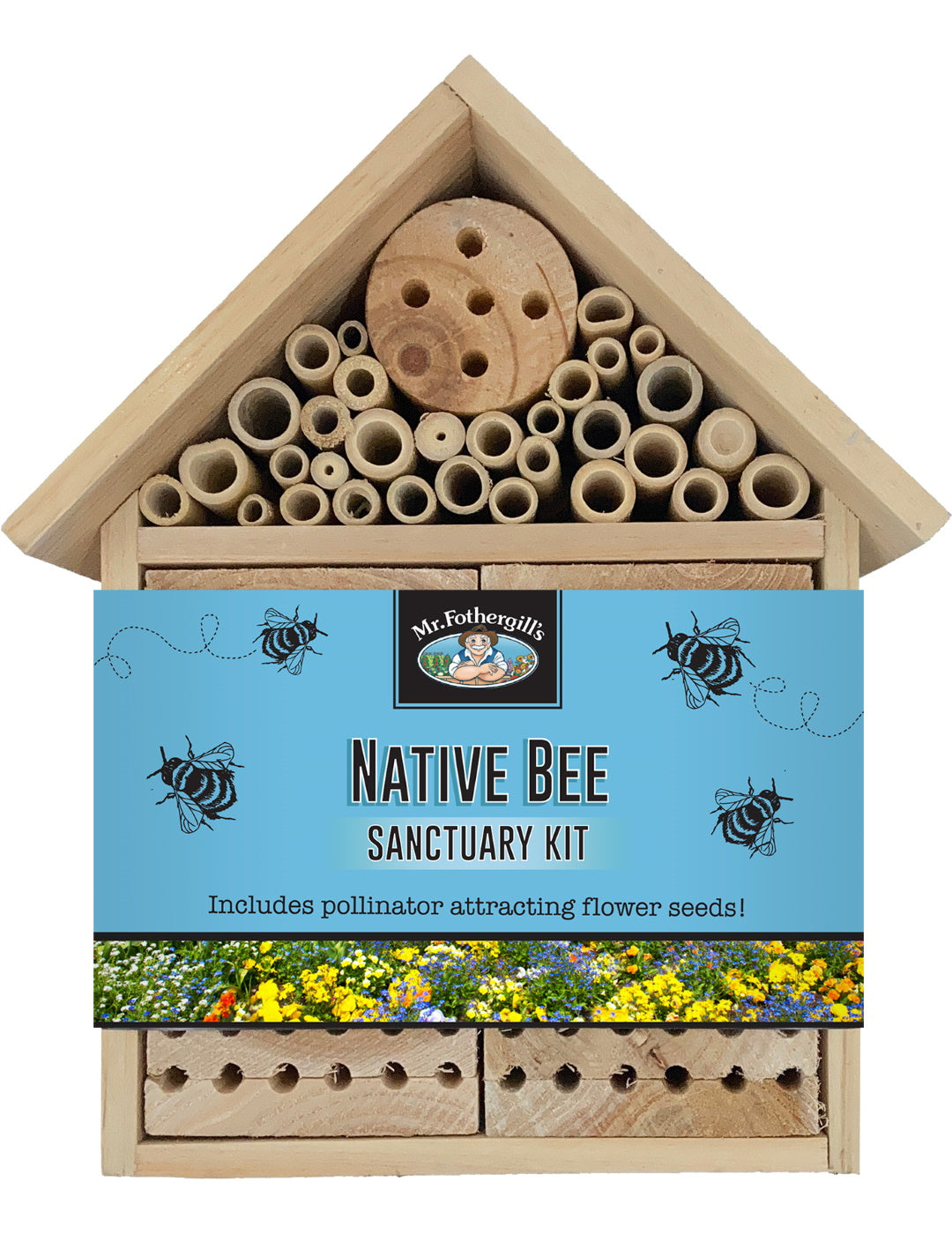
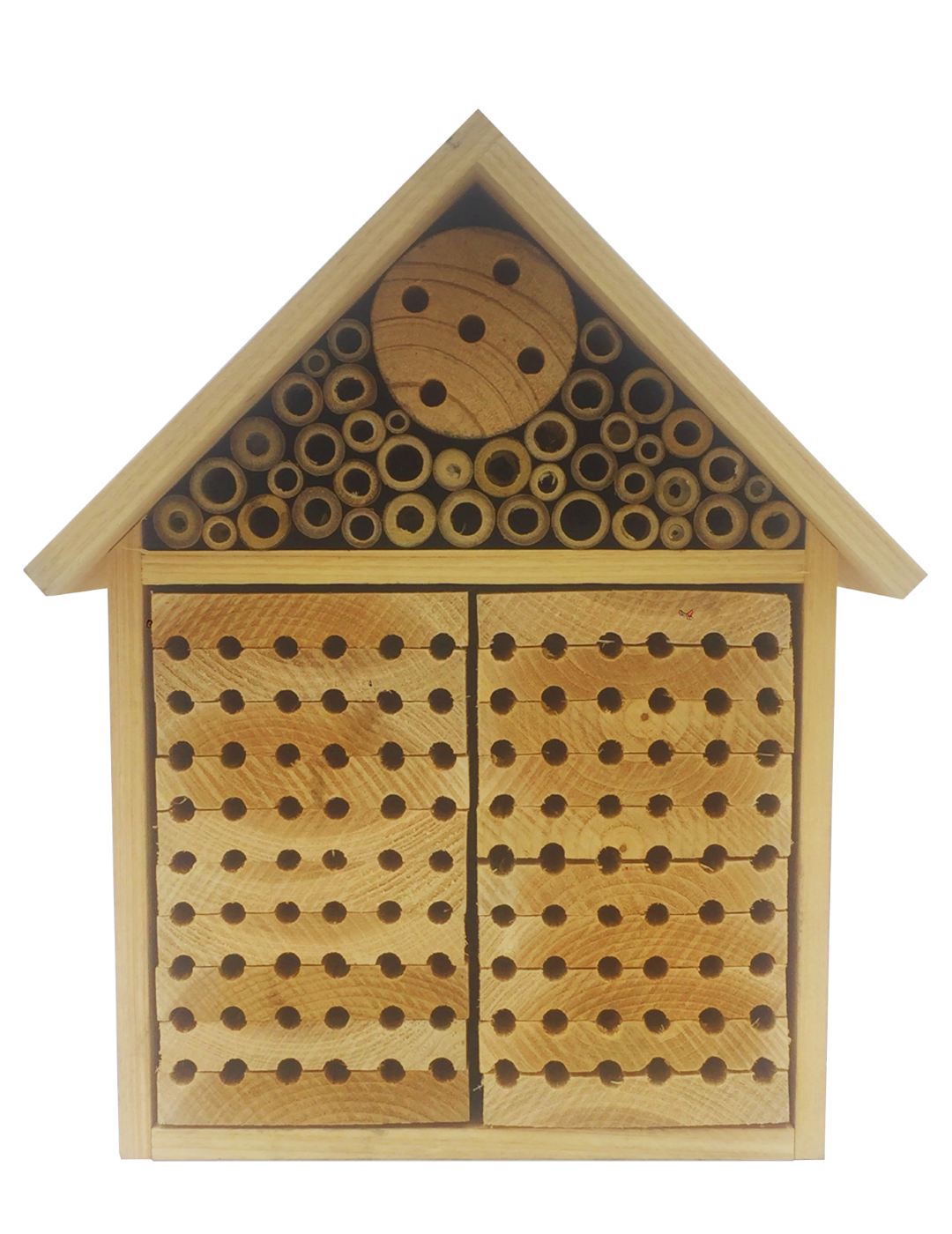
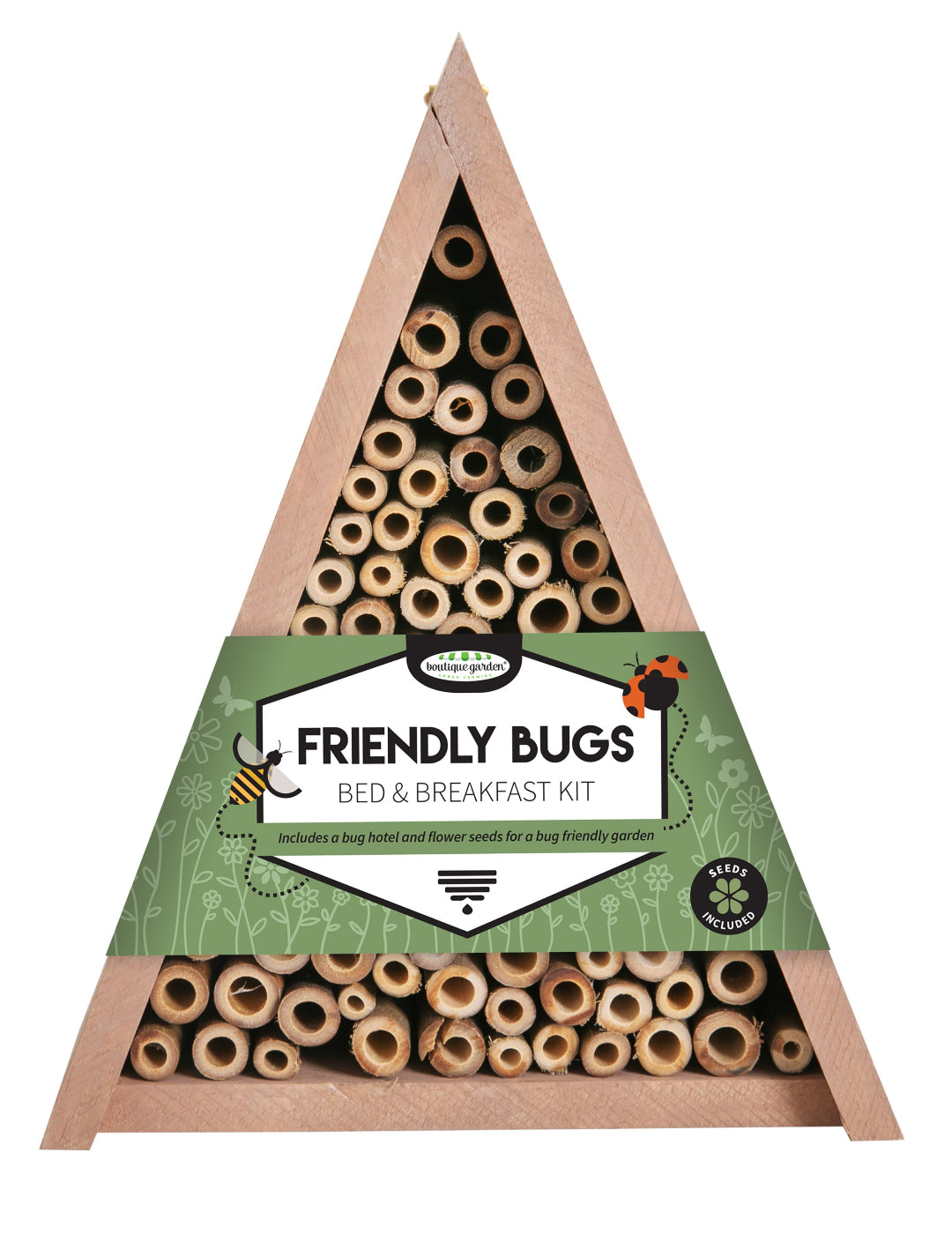
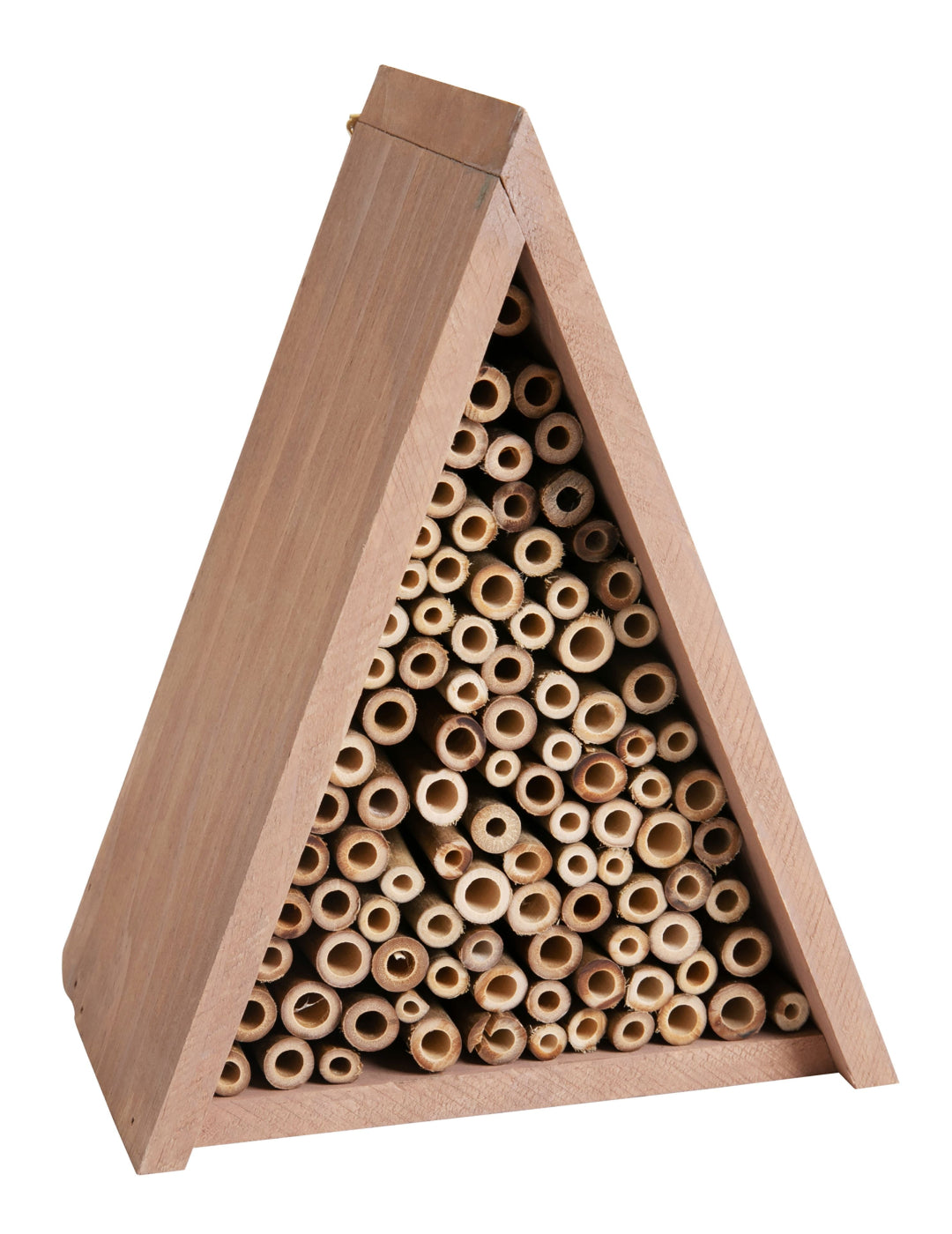

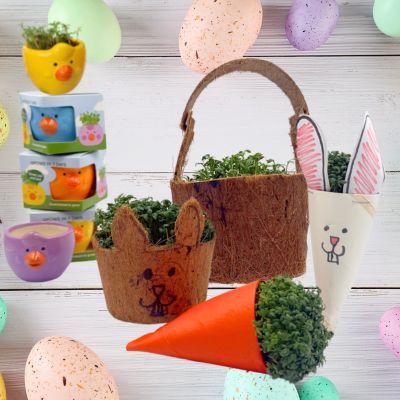



Leave a comment
All comments are moderated before being published.
This site is protected by hCaptcha and the hCaptcha Privacy Policy and Terms of Service apply.